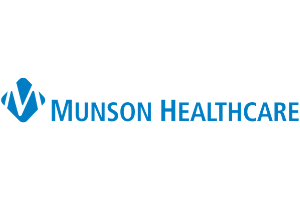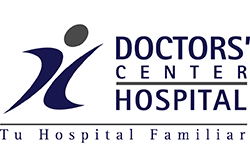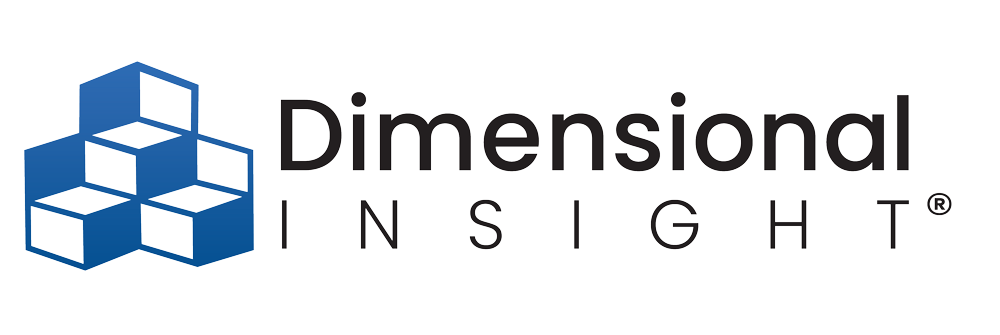
How Hospital CEOs Can Tackle Their Biggest Challenges Using Analytics

How Hospital CEOs Can Tackle Their Biggest Challenges Using Analytics
As the healthcare landscape is swiftly changing, hospital CEOs face an array of operational, financial, and clinical challenges. The recently published American College of Healthcare Executives (ACHE) annual survey polled community hospital CEOs asking them to rank 11 critical issues in order of their level of concern. The table below depicts the average ranking of the most pressing issues, with a comparison over time and lower numbers indicating a higher level of concern. The results indicate that workforce concerns, financial matters, and behavioral health challenges rose to the top as the most pressing issues for hospital CEOs.
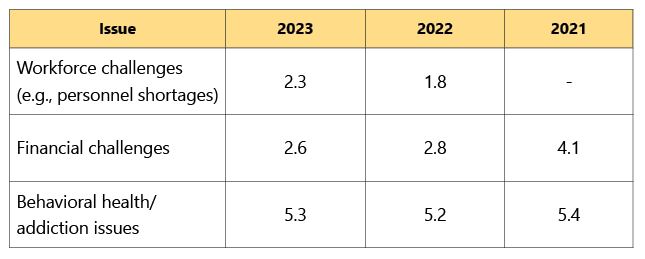
As these issues are top-of-mind for hospital leadership, impacting key performance outcomes, there is a critical need for impactful solutions. As data and analytics reach across a hospital enterprise, leveraging these tools presents a practical solution to address some of the biggest challenges in healthcare. Collecting and disseminating key business insights can prove incredibly valuable to healthcare organizations looking to tackle challenges. Read further to learn more about how data can solve some of the most important issues in healthcare.
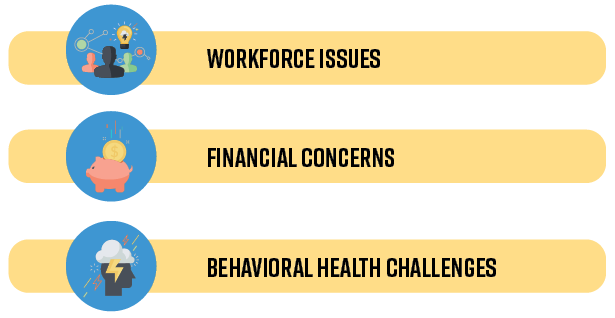
Workforce Challenges
With increasing demands on the healthcare system in recent years, hospitals face an intensified need for additional staff. The World Health Organization estimates a “projected shortfall of 10 million health workers by 2030.” The ACHE survey results indicate that hospital CEOs reported a concerning shortage of registered nurses, medical and lab technicians, and therapists. These shortages can seriously impact the quality of patient care and clinical outcomes.
To mitigate this mismatch in workforce supply and demand, hospitals must strategically collect and analyze staffing data trends, such as:
Track admissions and census trends, providing a clear picture of hospital-wide staffing needs.
Optimize patient flow and discharge management through the use of data analysis, resulting in better allocation of staff resources.
Collect data on staff turnover, which allows hospitals to forecast hiring needs and intervene to support staff that may be at the highest risk of quitting.
Examine trends in staff callouts, which helps hospitals address specific departments that may benefit from additional staffing support.
Dimensional Insight’s platform allows for intuitive analysis and reporting of such data, enabling hospital leadership to fulfill staffing requirements. Dimensional Insight’s executive dashboard features up-to-date metrics in one user-friendly view. Bringing disparate data sources on staffing into one consolidated view can help executives track and act on workforce trends.
Due to staffing shortages, existing workers face undue pressure and increased workloads. In the ACHE survey, 79% of hospital CEOs reported staff burnout as a serious challenge affecting the healthcare workforce. Providing staff with one streamlined platform that reports key clinical measures can increase efficiency and reduce unnecessary workload. Dimensional Insight’s tools can quickly extract and translate EHR data, saving valuable time and reducing administrative burdens for busy clinicians. Hospitals using Dimensional Insight’s platform have reported a 20% reduction in admin FTE. When staff are provided with effective tools to measure clinical trends, their jobs become easier thus reducing potential burnout. Additionally, leaders can examine data trends to identify high-traffic, high-stress areas of the hospital and provide extra well-being support to the staff in those departments.
Financial Concerns
The COVID-19 pandemic’s impact on the economy was far-reaching—severely impacting hospital finances. The most recent report from the American Hospital Association shows that hospitals were likely to lose billions of dollars in 2022. ACHE’s Annual Survey revealed that hospital CEOs are primarily concerned with increasing costs for staff and supplies, reducing operating costs, and Medicaid reimbursement. Although financial challenges ranked second on the survey this year, they have been the most troubling matter for hospitals for 16 consecutive years. While still trying to maintain clinical quality and patient safety, some hospitals have been forced to make financial cuts to keep up with increasing costs. As hospitals seek ways to maximize value and reduce costs, monitoring and reporting on financial KPIs will be imperative.
Hospitals’ current financial reporting systems have limitations, and EHRs are also restricted in the financial information they can collect. Read below for some action steps hospitals can take to maximize fiscal outcomes:
Leverage analytics technology, like Dimensional Insight’s Revenue Cycle Advisor, to streamline revenue cycle processes, preventing errors and saving time.
Collect and report on customized value-based KPIs, such as real-time hospital productivity and inpatient/outpatient charge ratio using an intuitive analytics platform.
Maximize cash flow by pinpointing sources of declining or increasing revenue early to help inform optimal business decisions.
Monitor patterns in payer denials to ensure claims are accepted the first time around.
Manage accounts receivable using a comprehensive view of operational KPIs such as unbilled balances and days outstanding.
Dimensional Insight’s solutions have helped hospitals to increase revenue by 34% and reach a $2.5 million positive revenue swing in value-based payments. By accessing timely and easily accessible information, hospital executives can make informed decisions that improve financial results.
Behavioral Health and Addiction Issues
As the need for mental health services has risen over the past few years, hospitals have struggled to keep up with the demand. 83% of respondents in the ACHE annual survey reported a lack of appropriate facilities or programs to support their behavioral health population. Additionally, lack of funding and insufficient reimbursement for behavioral health and addiction was a leading concern.
While most behavioral health data is currently collected in electronic health records (EHR) systems, the data is often siloed and doesn’t provide actionable insights. Read further to learn how hospitals can leverage EHR data to implement actionable change in behavioral healthcare:
Improve interoperability with Dimensional Insight’s sophisticated data platform, allowing for the organization’s EHR to effectively communicate across channels, such as inpatient and outpatient behavioral health settings.
Identify patients at increased risk of disease burden and healthcare resource utilization through population segmentation.
Integrate information on social determinants of health, such as demographics and socioeconomic factors, with data on patient care. That data can be used to identify inequities and disparities in quality of and access to care and other resources.
Monitor trends in customized behavioral health measures with graphs and visualizations to help inform clinical decision-making.
Dimensional Insight’s platform collects and reports on behavioral health population data in an easy-to-use application. Tracking trends in behavioral health admissions can help hospitals forecast future needs for beds and available mental health clinicians. For instance, researchers at UConn Health Services (UCHS) recently implemented an analytics prediction model that uses HER data to compile patient risk factors for suicidality. By seamlessly integrating with UCHS’ EHR, Dimensional Insight’s analytics solutions transform raw clinical data into useful information to identify patient suicide risk. This predictive analytical modeling enables clinicians to proactively identify patients at high risk and to monitor at-risk patients between encounters. It is evident that leveraging data can empower hospitals to optimize workflows and create effective care plans for mental health populations.
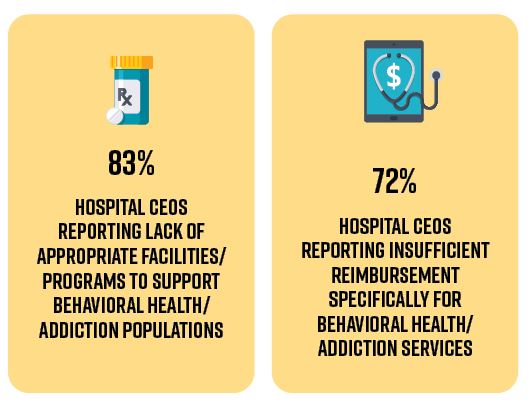
Why Dimensional Insight?
With industry-specific expertise in the healthcare field, Dimensional Insight understands the needs and goals of healthcare professionals and leaders. As a company that truly understands the unique challenges in the healthcare industry, we help hospitals use their data in the most impactful way. We partner with hospitals and healthcare organizations to improve upon their KPIs in the following ways:
Trust— We help healthcare organizations integrate data across the enterprise, pulling siloed clinical and financial information into one user-friendly, well-designed interface. Our Measure Factory software applies industry-standard healthcare rules to create and report on customized measures that clinical teams need most. The result is data management that promotes a culture of data sharing, transparency, and integrity. When you work with Dimensional Insight, you will be collaborating with a team focused on your specific healthcare challenges.
Transform— Most healthcare organizations have data in their EHR that is difficult to extract or analyze. With Dimensional Insight, you can convert that raw data into actionable information that enables healthcare providers and executives to make more informed, strategic decisions. As an easy-to-use and visually appealing software, the platform can increase staff data literacy and catalyze organizational change based on KPIs.
Revolutionize Digital Health—As the healthcare industry faces more complex challenges, solutions need to be more sophisticated. Our software can help drive system-wide changes to support long-term objectives and meet KPIs. Turning your data into smart business insights can help optimize clinical operations and optimize patient outcomes.
Conclusion
With an ever-evolving healthcare landscape, hospital executives continue to face unprecedented challenges. To best address these issues, it is critical for hospital leaders to leverage tools that systematically collect and report on key business insights.
By utilizing data trends and advanced reporting, hospitals can gain a wider perspective on their operational trends. Additionally, using a strong analytics platform can support hospital leadership in developing KPIs and measuring progress over time.
Access to timely, accurate data on the organization’s operational, financial, and clinical trends empowers hospital leadership to make informed decisions.
Interested in learning more?
Download white paper:
How Hospital CEOs Can Tackle Their Biggest Challenges Using Analytics

